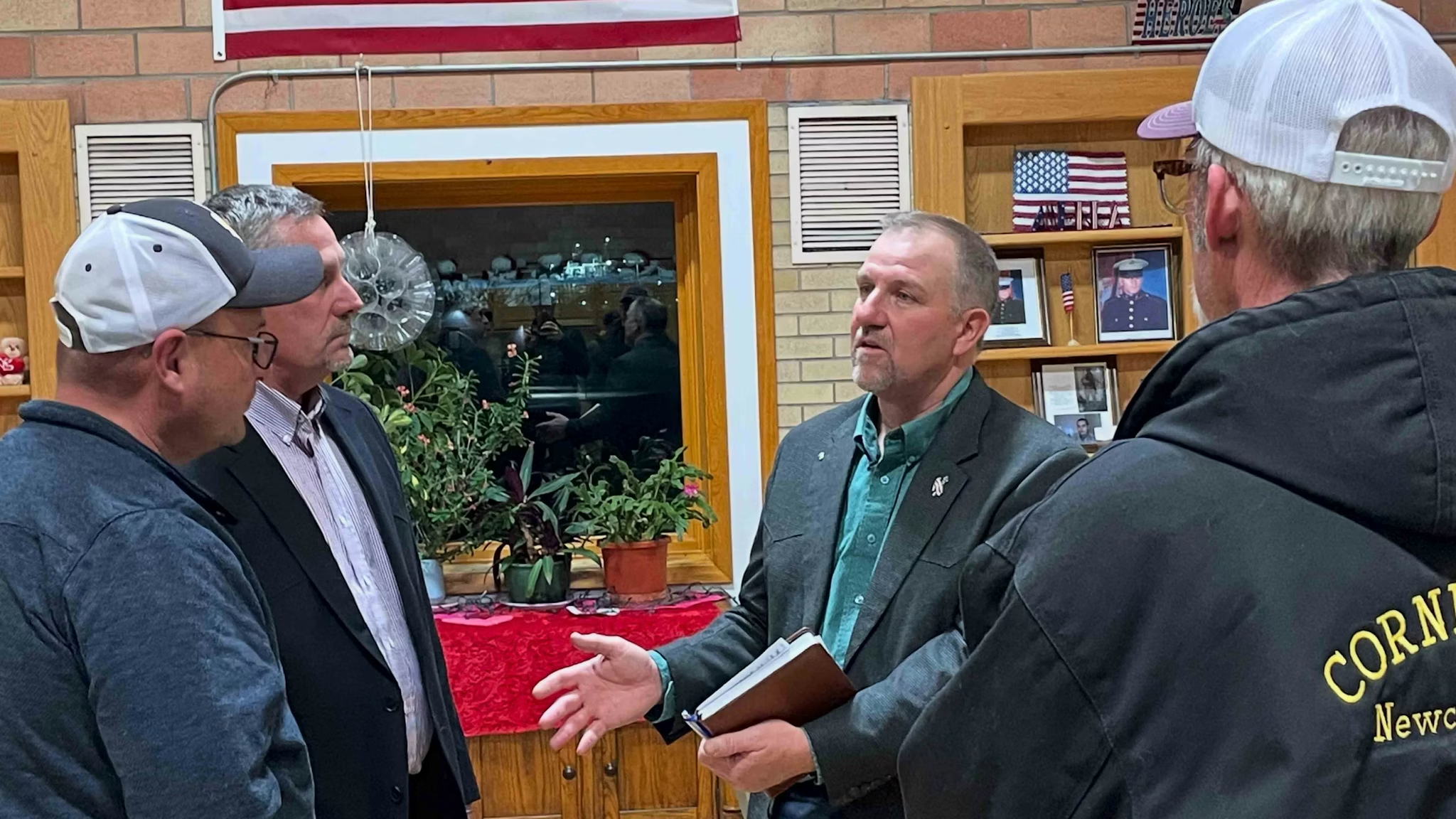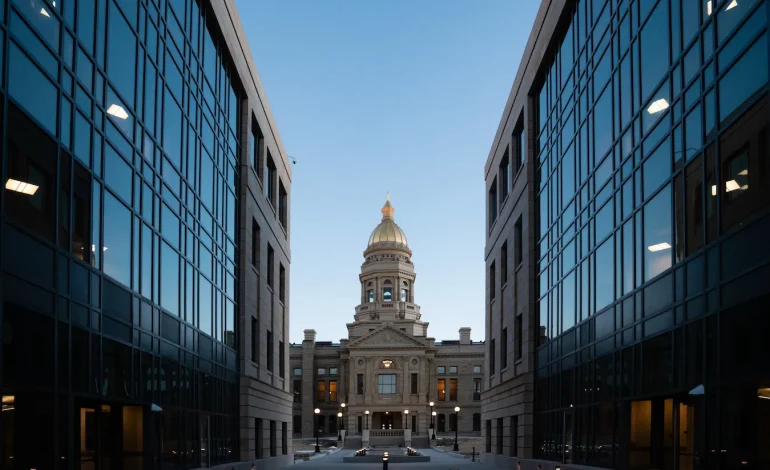In response to a sharp decline in the success of committee bills, the Wyoming Legislature has voted to reduce the number of interim meetings held by its committees, WyoFile reports.
The decision comes after lawmakers passed a record-low percentage of committee bills in the 2025 general session, highlighting a significant shift in the legislative process.
Interim meetings are crucial to Wyoming’s legislative work, as they allow lawmakers to meet outside the regular sessions to address complex issues that require more time and resources. These meetings often result in committee bills, which are drafted following public input, testimony from state agencies, and contributions from various stakeholders. These bills are seen as a vital part of the legislative process due to the time and taxpayer money invested in their development.
However, recent years have seen a notable decline in the success rate of committee bills. In 2025, only 47% of committee bills became law, according to records from the Legislative Service Office (LSO). This marks the lowest success rate since tracking began in 2000. The decline has been attributed to several factors, including the ideological shift within the Legislature following the 2024 elections. The influence of the Wyoming Freedom Caucus, a more conservative faction of the state’s Republican Party, has led to a shift in legislative priorities, making it harder for committee bills to succeed.
In light of these trends, Senate Majority Floor Leader Tara Nethercott, R-Cheyenne, proposed reducing the number of interim meeting days from six to four per committee. This motion was approved by the Legislative Management Council during a meeting on Tuesday. The reduction is expected to save between $120,000 and $140,000 in travel and operational costs.
Rep. John Bear, R-Gillette, offered an explanation for the rise in bill failures, pointing to the ideological changes within the Legislature, particularly the success of the Wyoming Freedom Caucus in the 2024 elections. Bear noted that these changes have influenced the direction of committee bills, particularly those that originated in the previous legislative session.
Along with the reduction in meeting days, the Management Council also made changes to the process for setting interim meeting topics. Under the new guidelines, committee chairs can determine the focus of their meetings independently, rather than having to seek approval from the full Management Council. Committees with more substantial workloads can still request additional meeting days if necessary.
While the majority of council members supported the changes, some committee chairs expressed concerns. For example, House Transportation Committee Chairman Stephan Pappas, R-Cheyenne, argued that fewer meeting days would hinder the ability to educate new committee members, especially given the high turnover in the Legislature. He also noted that fewer meetings would limit public participation, a key component of the legislative process.
Other lawmakers, such as Senate Appropriations Committee Chairman Tim Salazar, R-Riverton, initially raised concerns about how the reduced schedule might affect their committee’s work, particularly with the preparation of the state’s budget. However, it was clarified that the reduction would not apply to the budget hearings held later in the year.
In addition to changes in the meeting schedule, the Management Council also approved a new travel reimbursement policy for lawmakers attending meetings of the American Legislative Exchange Council (ALEC), a national organization known for promoting conservative legislation. This decision allows legislators to receive reimbursement for travel to ALEC events, aligning the policy with that of other non-partisan organizations.
Despite some opposition to the new travel policies, the changes reflect a broader shift in the Legislature, one shaped by both the ideological changes within the body and the ongoing debates over the most effective ways to allocate time and resources.










The latest news in your social feeds
Subscribe to our social media platforms to stay tuned